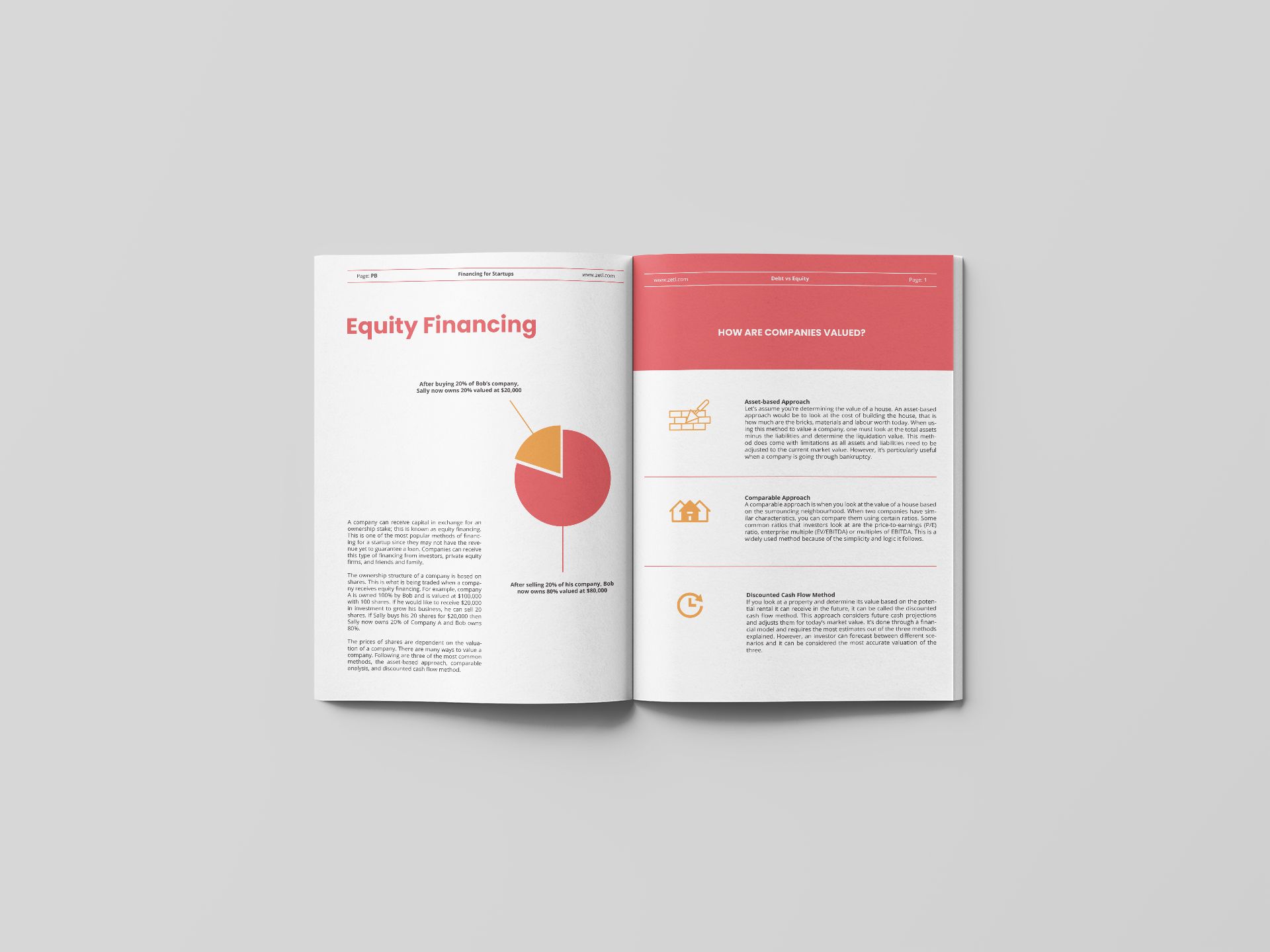Financing for Startups: Debt vs Equity Event Recap
On the 29th of September 2021, Zetl hosted a panel discussion on the topic “Financing for Startups: Debt vs Equity”.

Jake Fisher moderated the discussion between Karena Belin (Co-founder and CEO of WHub and COO of AngelHub), Lincoln Yeh (Co-head of Private Equity of Sun Hung Kai & Co), and Shan Han (Co-founder and CEO of Zetl). The following are the 5 key takeaways from the event.
Find the right partner
Early-stage startups often have no choice over debt or equity as they have no history to use to obtain debt. Debt capital is usually only available for businesses with stable, predictable, and high-quality revenue. When early-stage startups are fundraising, it is easy to take whatever capital is thrown at them. However, it does come at a cost.
Raising equity comes with a hefty price tag as you’re not only giving up a percentage of future profits but also spending roughly 9 to 18 months finding the right investor. This is significant because it’s the critical time to also build your business from the ground up.
An equity investor is married into your business. This means they will go beyond supporting you financially and can change the trajectory of your business. As a startup founder, it’s important to remember that you have the right and duty to vet your investor as they vet you. If you make a mistake, it’s very difficult to get rid of an investor.

Education is lacking in the east
Asia has a much shorter track record for startups compared to the west. Knowledge hasn’t been passed down, therefore startups have to make their own mistakes and learn from them. This also makes it harder for startups to find capital, as there is a lack of experienced startup investors.
For example, the SAFE is a hybrid debt and equity instrument introduced by Y Combinator. While it should be a fairly simple way to raise capital compared to convertible notes in terms of the legal and negotiation processes, many Asian investors are unaware of this tool. This means that fundraising will still take a long time as the educational component needs to be factored in.
Growth over corporate metrics
Many people are leaving their corporate jobs to form startups and underestimate the speed of change. The panellists have found that these types of founders are typically more concerned with metrics from the corporate world than metrics that show hypergrowth. Traction and growth are the key elements that differentiates a startup from a small business.
In Hong Kong, many startups quickly scale and look beyond the region because of the small market. This is a positive as companies can get trapped looking solely at their own country.

Hong Kong remains a well-connected hub
One of the strengths of Hong Kong is networking. Many people who left before 1997 still have a connection and seek to help companies or even plan to return. Despite a setback due to the pandemic, Hong Kong is slowly picking up again. This means that as capital is saturating the western market, investors will chase the yield to Asia.
Labour Costs and Shortages
According to panellists, Hong Kong startups can benefit from the talent pool in Asia including Hong Kong as the starting salaries are pretty low and experienced staff may not be needed in the beginning. By the time expertise is needed, the startups should be further along in their development.
Despite this, there are labour shortages globally which will naturally drive up labour costs. This is especially true for the fintech industry who are not only competing with banks but also virtual banks and crypto.

Want more insights?
Download our whitepaper exploring in-depth the best financing options for startups. The startup environment, advantages and disadvantages for both equity and debt, along with key questions every startup needs to ask before they know which route to take will be covered.
